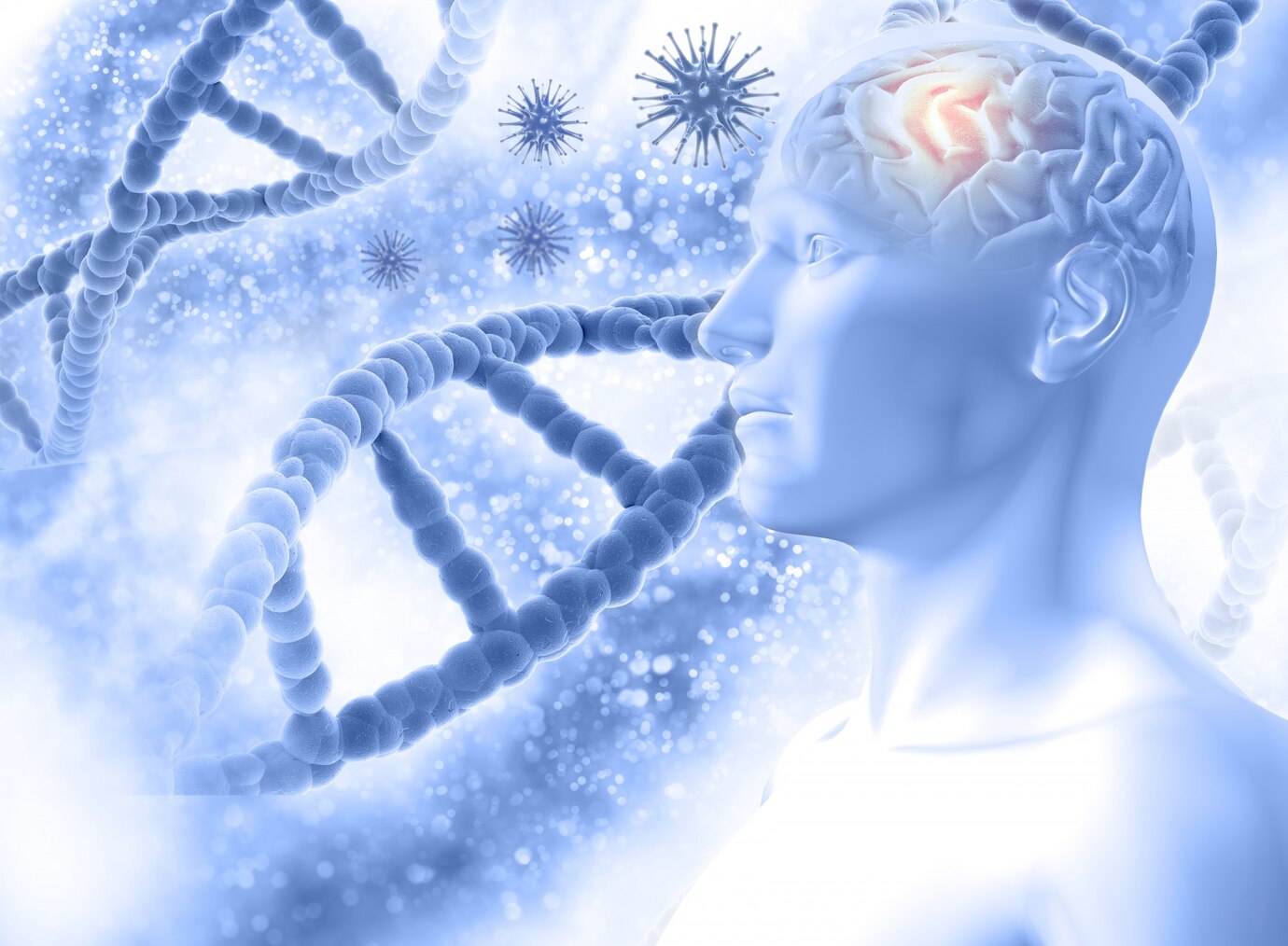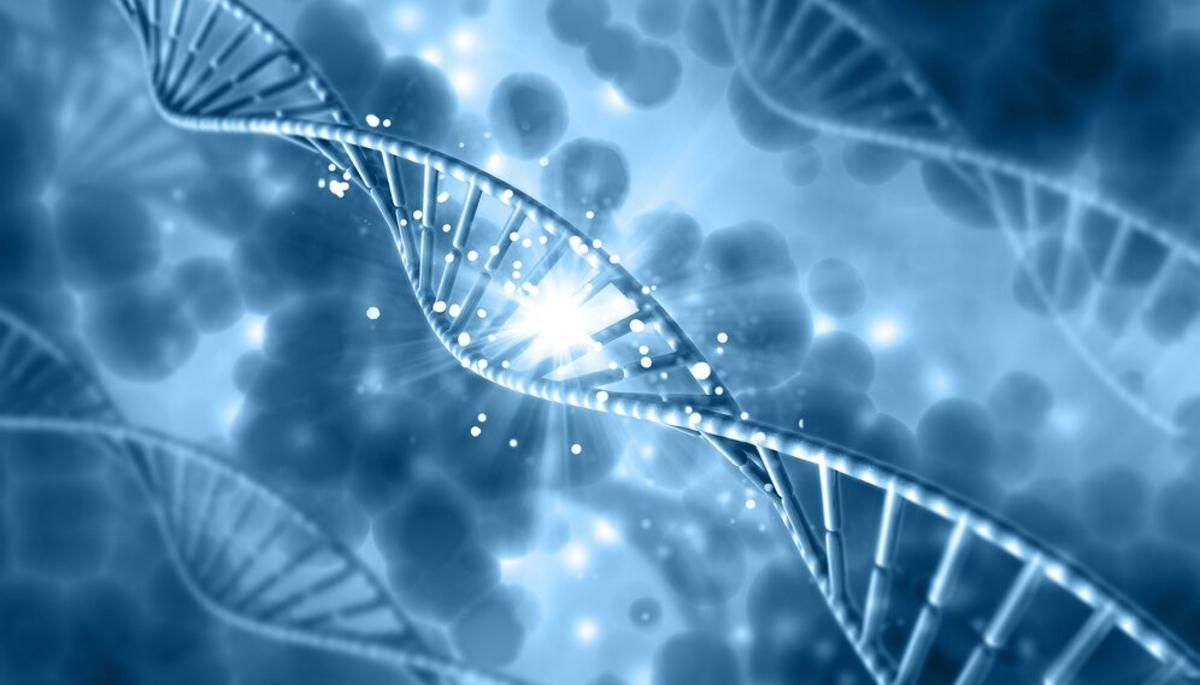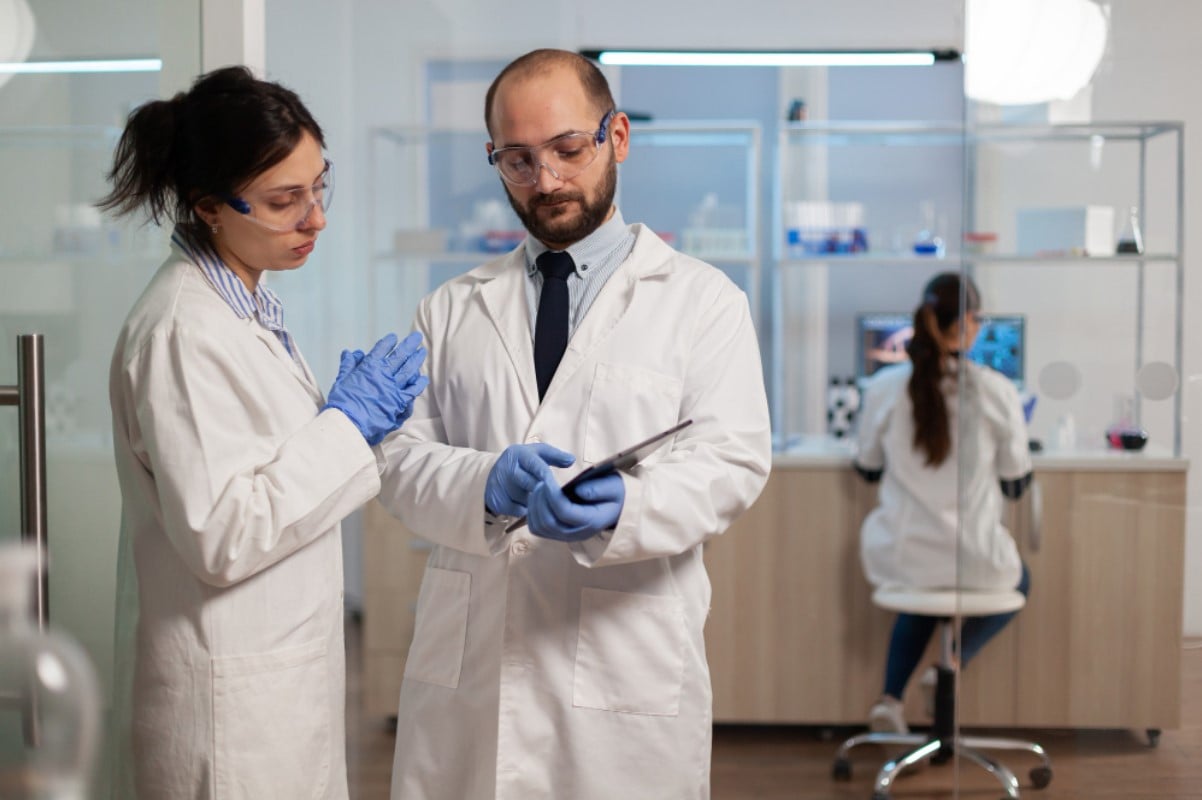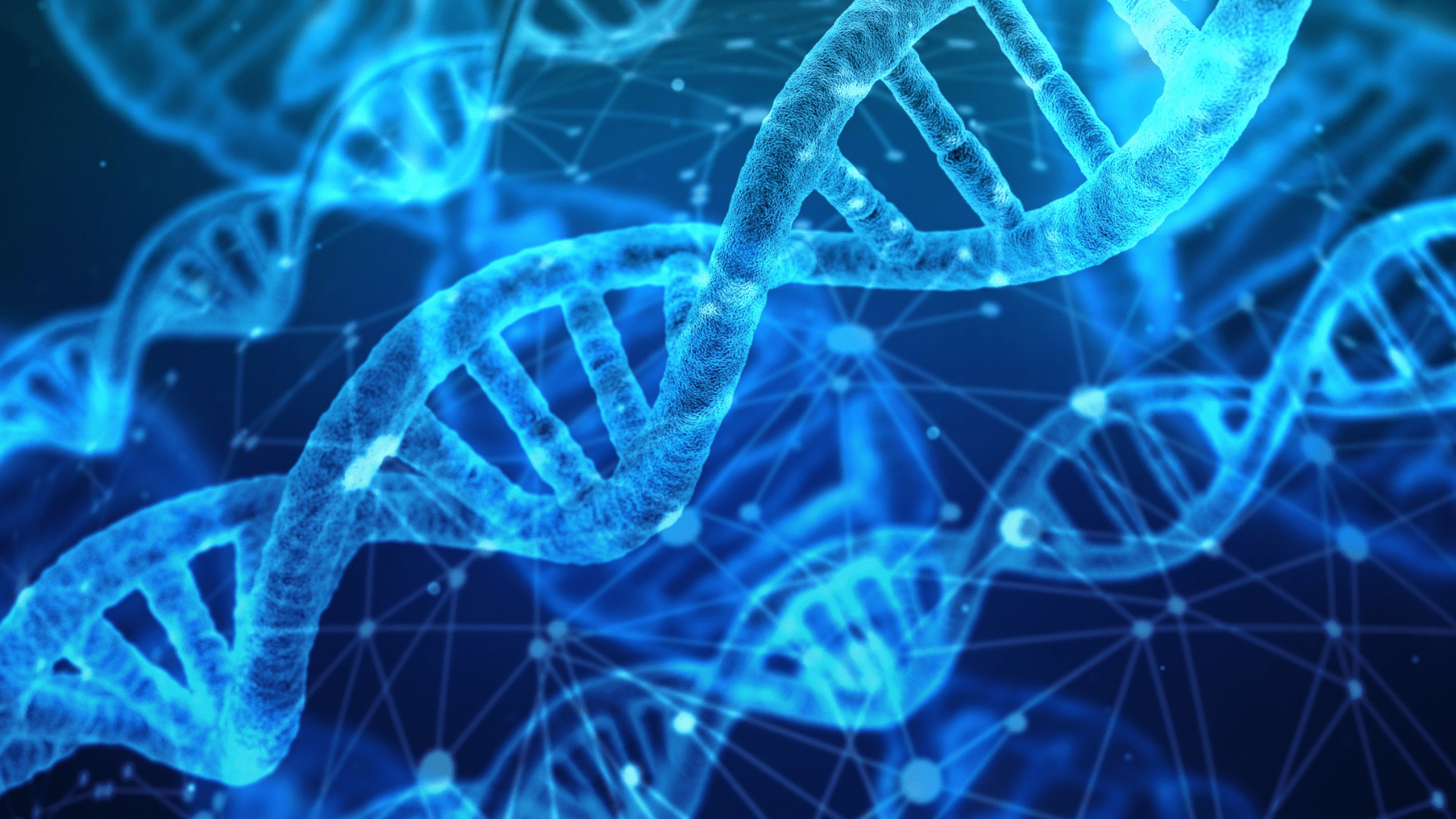In 2019, researchers revealed the discovery of an exceptionally resilient individual—a Colombian woman with a genetic predisposition for an aggressive, early-onset form of Alzheimer’s disease, expected to manifest in her 40s. However, the disease did not affect her for three decades.
Scientists examined her DNA and brain, tracing her protection to a rare variant of the APOE gene, known as the Christchurch variant, of which she had two copies.
Is There Potential to Prevent Alzheimer’s?

The remarkable story of Aliria Rosa Piedrahita de Villegas, who eventually developed dementia in her 70s and died of cancer at 77, provided hope for millions affected by the disease.
Yet, her case raised a crucial question: Could this case reveal a new method to prevent Alzheimer’s, or was she an outlier?
Christchurch Variant

Freepik
In a study published Wednesday in the New England Journal of Medicine, researchers identified 27 members of the same extended Colombian family who carried the genetic risk for Alzheimer’s along with a single copy of the Christchurch variant.
This group experienced a delay in cognitive decline by about five years, suggesting that a drug mimicking the gene could produce similar effects.
Reproducible Results

Freepik
“We are taught in medicine to be wary of not drawing too many conclusions” from a single patient, said Joseph F. Arboleda-Velasquez, an associate scientist at Mass Eye and Ear in Boston and a co-author of the study.
“Maybe it was related to something she ate or didn’t eat. Maybe it’s something related to the water in the house. The idea of finding 27 people—some lived in the city, some lived in rural areas—increases our confidence in the discovery and shows the results are reproducible.”
Aggressive Alzheimer’s

Francisco Lopera, a neurologist at the University of Antioquia in Medellín, Colombia, has been treating patients with an aggressive, inherited form of Alzheimer’s for four decades.
Cognitive impairment typically began in the mid-40s, full-blown dementia developed before 50, and patients died in their 60s.
Defying Genetics

Researchers traced the disease to a mutation in the Presenilin 1 gene, carried by about 1,200 people in an extended family.
Piedrahita de Villegas demonstrated that it was possible to defy this grim genetic fate.
Extremely Rare

Researchers traced the disease to a mutation in the Presenilin 1 gene, carried by about 1,200 people in an extended family.
Piedrahita de Villegas demonstrated that it was possible to defy this grim genetic fate.
Delayed Symptoms

A man who carried the Alzheimer’s risk mutation and a single Christchurch copy provided an initial clue.
Brain imaging at age 51, when he was diagnosed with mild cognitive impairment, revealed elevated levels of beta-amyloid protein plaques, indicative of Alzheimer’s. However, he had limited tangles of tau, another Alzheimer’s-related protein, and developed mild dementia at 54, years later than expected.
Same Genetic Makeup

“That was a signal that having one copy could have been protective,” Quiroz said. The team identified 26 other people with this genetic makeup.
While not all had developed cognitive impairment, those who did experienced delayed symptoms, beginning five years later than those without Christchurch. Dementia onset was delayed by four years.
Promising Discovery

katemangostar,
Freepik
The discovery that a single Christchurch copy offers some protection is a promising clue for developing therapies. If two copies were necessary, developing an effective drug would be challenging.
However, seeing protection with a single copy suggests even partially mimicking the Christchurch gene’s action could work. “I think this is a really important study, and the outcome is very meaningful,” said Yadong Huang, director of the Center for Translational Advancement at Gladstone Institutes in San Francisco.
Lab Testing

Huang’s lab previously showed the benefits of the Christchurch mutation in mice prone to Alzheimer’s and in human brain cells in vitro. However, there was a critical gap in understanding its effects in humans.
Alzheimer’s research has traditionally focused on clearing amyloid plaques in the brain, with limited success. The new study highlights the potential of targeting the rare Christchurch variant of the APOE gene.
Next Steps

John Hardy, a neurogeneticist at the U.K. Dementia Research Institute at University College London, noted that pharmaceutical companies have traditionally been less interested in APOE due to its complexity, but that is changing. “Interest has been growing, and this finding is part of the reason,” Hardy wrote in an email.
As a next step, researchers have developed an experimental antibody drug that mimics Christchurch. When administered to genetically modified mice to develop Alzheimer’s features, the drug reduced tau tangle buildup, indicating progress on the right path.








































